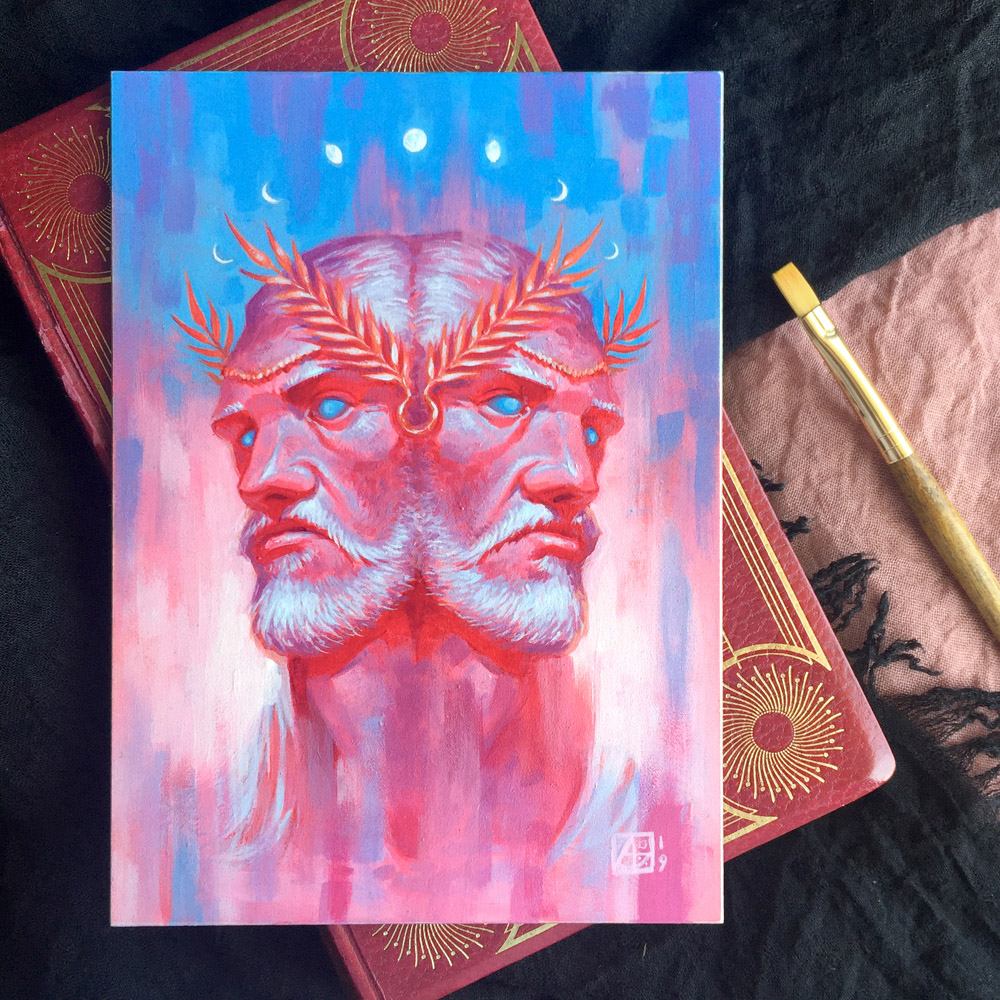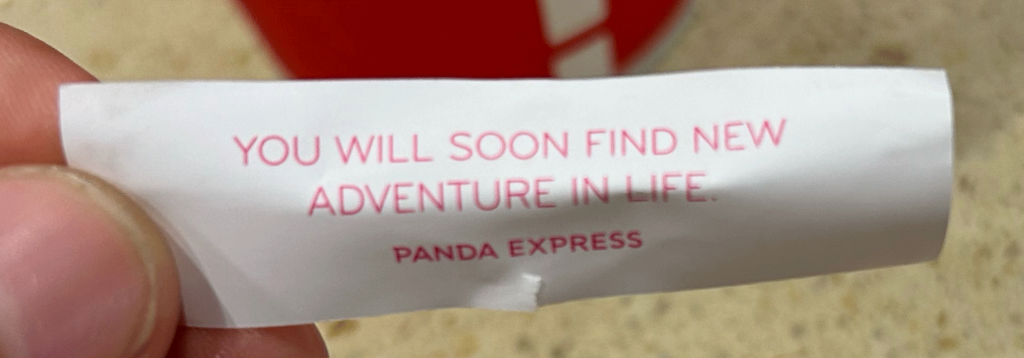
Popularly known as a daffodil, this flower has an interesting etymological and mythological origin.
The exact origin of the name Narcissus is unknown, but it is often linked to a Greek word for intoxicated (narcotic) and the myth of the youth of that name who fell in love with his own reflection. The English word “daffodil” appears to be derived from “asphodel“, with which it was commonly compared.
Wikipedia
We know the modern word of narcissist and its definition of selfishness.
[Narcissus] rejected all romantic advances, eventually falling in love with his own reflection in a pool of water, staring at it for the remainder of his life. After he died, in his place sprouted a flower bearing his name.
Wikipedia
I had learned of this myth through Ovid. There are many versions of this myth, all with a tragic ending, all ending with Narcissus either killing himself or rendered immobilized and turned into a flower staring into the water. In Ovid’s version, Narcissus is mentioned with another name, Echo. Echo was a nymph that quickly fell in love with Narcissus. As all myths go, there is always a quirk or a catch or something just enough to make the story awry. In Echo’s case, she could only repeat what Narcissus said, leading him to confusion and anger. Narcissus rejects Echo’s affection, angering one of the gods. Yes, in typical fashion, Greek and Roman gods loved to interfere and meddle with the affairs of humans. As punishment for rejecting Echo, Narcissus was led to his demise. For when Narcissus was a baby, the oracles predicted Narcissus would live a long life, as long as he never discovered himself (another typical mythological setup). Narcissus found himself staring into a pool of water where he caught his reflection.
Narcissus did not realize it was merely his own reflection and fell deeply in love with it, as if it were another young man. Unable to leave the allure of his image, he eventually realized that his love could not be reciprocated and he melted away from the fire of passion burning inside him, eventually turning into a gold and white flower.
Wikipedia
[side note: wikipedia does a fantastic job at condensing and summarizing classic literature, at least at the base level]
Other versions change out details such as Echo being a different character or gender, or Narcissus ending his life in different ways. What’s tragic looking back at this story is that Narcissus does very little to earn or deserve this punishment. Many of the myths with gods punishing humans involves humans having unbridled arrogance or hubris, especially when measuring themselves up against the gods. There very much was a “respect your elders” and respect the history/culture theme in the ancient myths. Can you blame them? Innovation wasn’t exactly around the corner in those times.
And after knowing this story for so many years, it’s finally clicking to me now as I’m researching and writing this post that Echo is another irony of this story. What else would Narcissus hear from someone who fell madly in love with him? Why, his own words of course.
Yet Narcissus rejecting love advances only to die by falling in love with himself seems like a very undue punishment.
The myth is remarkably memorable. But its start? Narcissus was doomed by the oracle in the very beginning. His fate was only in good hands as long as he never discovered himself. What does that say about us? What does that say about individuals? The Greeks and Romans were obsessed with oracles and fate. Did this story pertain to ill-fated individuals? Or was this story more about our actions within our lives?
The metaphor I like to interpret with or without the mythology is that by devoting ourselves to others, we limit our obsession with ourselves.
This post was prompted by today’s reddit post citing the article Narcissism reduces the quality of long-term friendships, study finds.
If all you care about is you, what do those around you get out of it?
top reddit comment
Shocking, a negative trait makes people like you less
another reddit comment
“Friendships”. These people are incapable of even comprehending what that means. They see people as means to an end and that’s it.
another reddit comment
The article’s conclusion seems obvious, as well as the comments. The takeaway I got from this article and the thread is that narcissism bad, kindness good, and there are two kinds of narcissism: admiration and rivalry, which lead to different outcomes, however ultimately both lead to more conflicts and less close relationships.
Defining personality traits and behaviors is helpful, especially when we can collectively agree X trait is negative. Acknowledging and focusing on specifics is the first step towards changing something. But that is where I find the reddit thread and article to fall short.
Is it just enough to understand something is bad, recognize that bad quality in others, point it out, and repeat a list of symptoms or consequences associated with said bad thing? I’m obviously not placing the onus of changing difficult individuals upon each reddit commenter. Some redditors even come forward with their experiences with narcissists.
Story time!!: I used to date a girl with Borderline Personality Disorder and she went through friends like she changed clothes. And it was all because she was so afraid that they would “see through her” and leave her.
another reddit comment
This redditor goes on in more detail about this girl’s behavior and her consequences. This story, along with others in the comments, are powerful enough for users to type up their bad experiences and share it with strangers online. This amount of power seems irreversible, as people are in charge of their own lives, with their own autonomy. Is it really our place to stop a narcissist? Isn’t that life’s responsibility?
Well, I’m not asking for us to stop the unstoppable. In fact, taking steps in identifying narcissism and its consequences is a first step towards socially engineering narcissism out. And while it’s unrealistic to expect narcissism or any other negative qualities to become fully eradicated, it’s hopeful to think we are able to navigate negative traits with others and with ourselves more easily as our social knowledge becomes more powerful. I say this because there are forces of technology and innovation which inadvertently affect our social constructs and interactions. It becomes easier for a narcissist or sociopath to remain hidden in an online world, but it also can become more exposing for them and others as well.
What I would love to see more discussion of is:
How do we define narcissism as a long term trait and how or should we prevent it?
To what degree is selfishness important in society and how wide should the spectrum of generous to selfish be?
How do we interact with or limit the power of narcissist within our lives?
Are traits like disagreeableness, independence, stubbornness mutually inclusive of narcissism?
How has innovation such as social media, globalization, and internet alienation affected narcissism?
Are techniques like labeling or othering causing more tension and negativity, creating a feedback loop?
Is narcissism curable?

